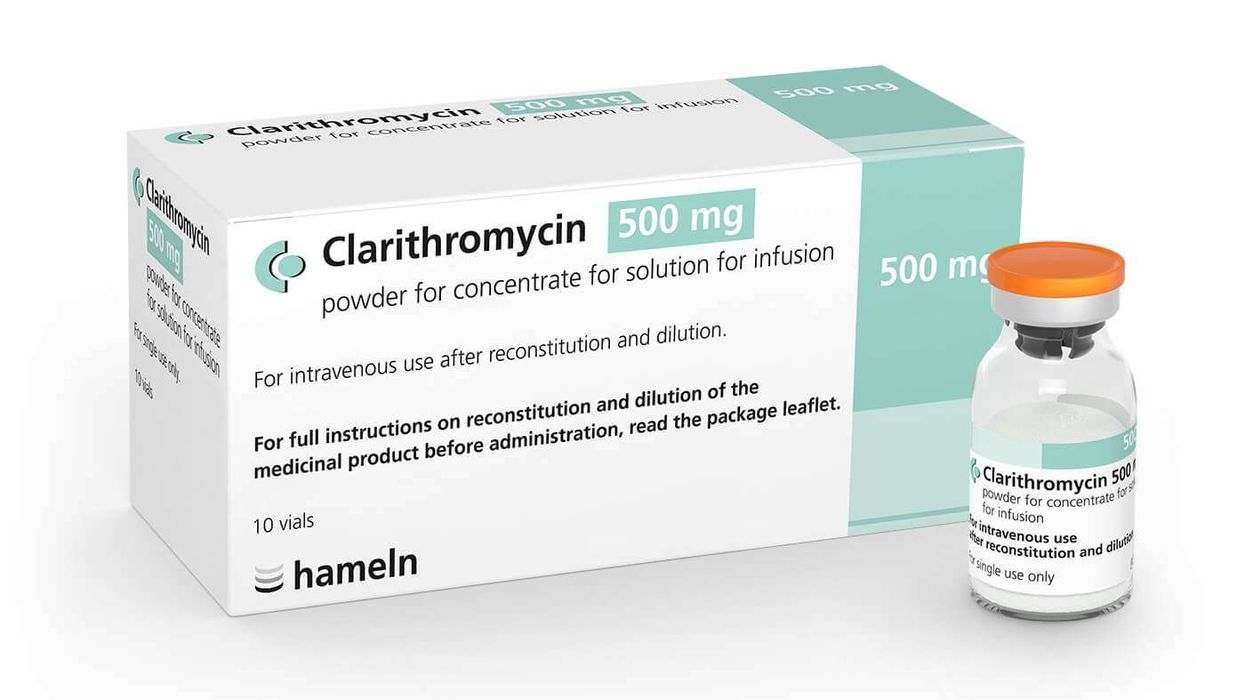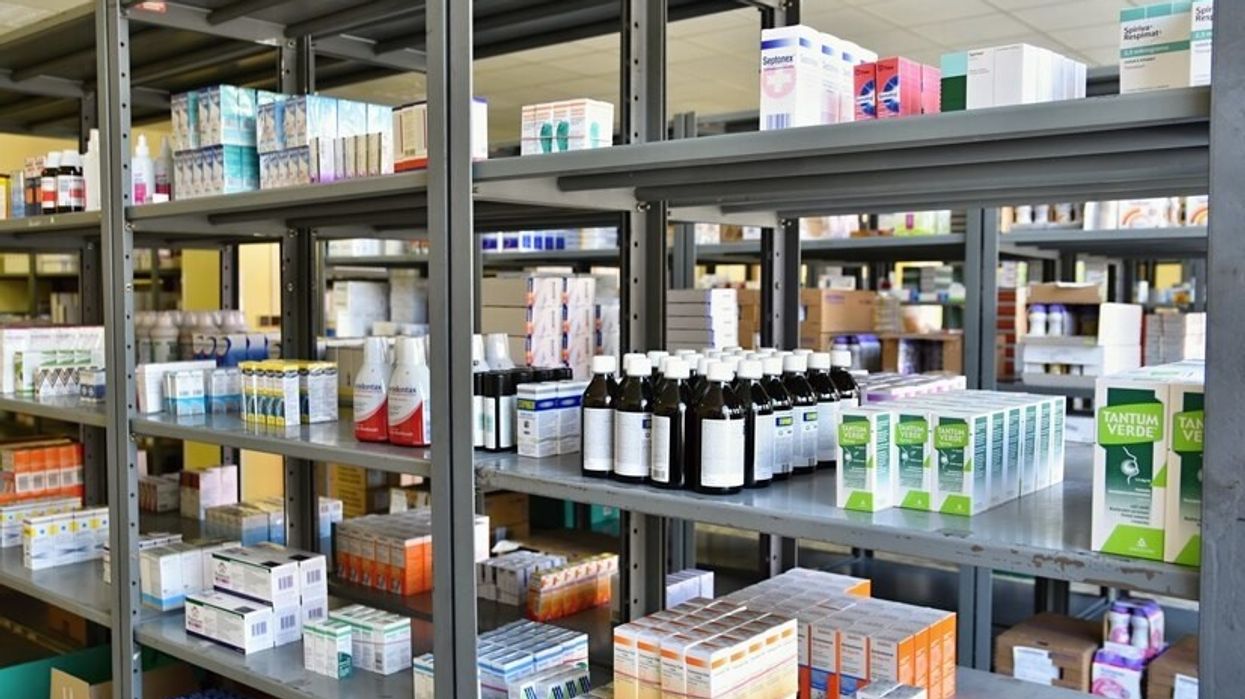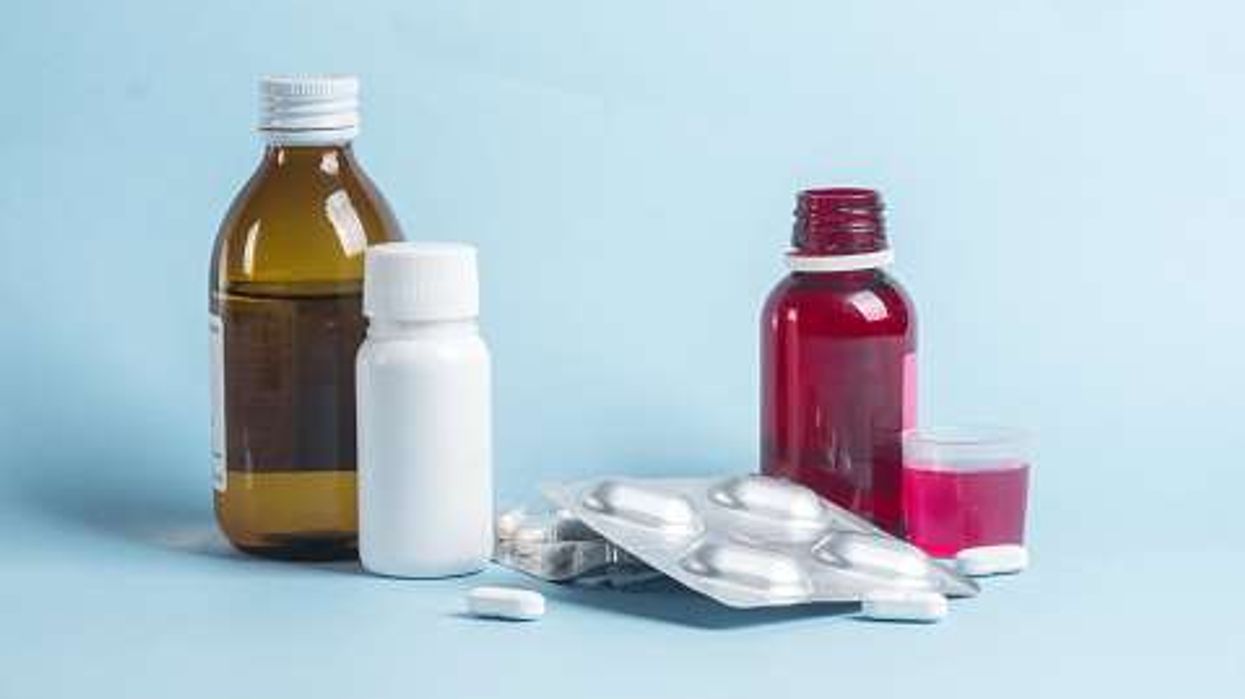Ninety-six per cent of community pharmacists surveyed in the Royal Pharmaceutical Society (RPS) Workforce Wellbeing survey said they were at 'risk of burnout'.
A higher number of respondents working in community pharmacy (20%) reported not being offered breaks compared to all other sectors (8%) and were more likely to experience verbal or physical abuse from patients and the public (69% vs an average 44%).
The annual Workforce Wellbeing survey also revealed that 88 per cent of pharmacists surveyed are at high risk of burnout due to winter pressure. Therefore, RPS is calling for workforce planning for pharmacy to address skill mix and staffing levels so that workloads can be effectively managed.
Top factors causing poor mental health and wellbeing revealed by the survey include inadequate staffing (70%), lack of work/life balance (53%), lack of protected learning time (48%) and lack of colleague/senior support (47%).
This is the fourth survey RPS has run in partnership with the charity Pharmacist Support on the state of mental health and wellbeing in pharmacy.
The findings demonstrate continued pressure on pharmacists and trainees across the workforce, especially in community pharmacy where 96% of those surveyed said they were at risk of burnout.
Community respondents were also more likely to rate their mental health as poor (45%) compared to the average (37%) and be less likely to be offered protected learning time (5% vs an average 22%).
RPS President Professor Claire Anderson said: “With pharmacy teams at risk of burnout, governments urgently need to improve workforce planning for pharmacy that addresses head-on the issues of skill mix and adequate staffing which are at the heart of overload in pharmacy.
“The recruitment and retention of pharmacists and their teams is crucial if the ambitions for pharmacy to play a key role in the future NHS are to be delivered. Planning must be backed by long-term investment and training from both employers and governments to make work more rewarding and improve career pathways.
“A key plank of plans to provide better care for patients is to increase the number of pharmacists who train to become independent prescribers to benefit patients. This initiative can only work if it is underpinned by protected learning time rather than expecting people to undertake professional development at the end of a long working day, which is totally unacceptable.
“We look forward to working with stakeholders and governments to inform workforce planning for pharmacy which is also a common theme in the RPS visions for pharmacy across England, Scotland and Wales.”
Chief Executive of Pharmacist Support Danielle Hunt said: “For the fourth year running this report exposes some disturbing statistics. The state of mental health and wellbeing in pharmacy is a huge concern, with the risk of burnout of those working within the profession remaining worryingly high.
“During the past year we have experienced a large increase in the number of people reaching out for counselling and looking to share their own experiences with mental health and wellbeing via our ACTNow campaign. Our 2022 campaign concentrated on opening conversations, aiding understanding, exposing barriers and beginning to address workplace culture issues in order to remove the stigma associated with mental health in pharmacy.
“The survey results also highlight the impact work environments and working conditions have on mental health. As well as the strategic plans needed to address the root cause of some of the workplace issues highlighted, we believe that there is an immediate need for employers to consider what they can do to support positive wellbeing. We plan to support this during 2023 by providing tools, training and support for pharmacy leaders that we hope will assist in embedding positive wellbeing practices into the workplace.”
RPS in England, Scotland and Wales are in contact with respective governments about workforce plans for pharmacy.
Commenting on the survey results, PSNC Chief Executive Janet Morrison has said: “These results show a very worrying picture of the challenges pharmacy staff are facing and reinforces what we are being told by contractors on a daily basis. It is deeply concerning to see almost all of those working in community pharmacy have said they are at risk of burnout, but also not a surprise considering the immense financial and workload pressures we know they are operating under.
She added: “The results echo the findings of our Pharmacy Pressures Survey, in which 82% of pharmacy team members said that their work is having a negative impact on their mental health and wellbeing.
PSNC will shortly be running the survey again to get an update on the current level of impact pressures are having on pharmacies, including how this is affecting pharmacy teams’ wellbeing. It has been working to raise these issues with Government and will use all the evidence available to press them to help resolve the wider pressures.
"Investing in pharmacies, including improving the mental health and wellbeing of pharmacy teams, would be better for pharmacy, and better for their patients.”











